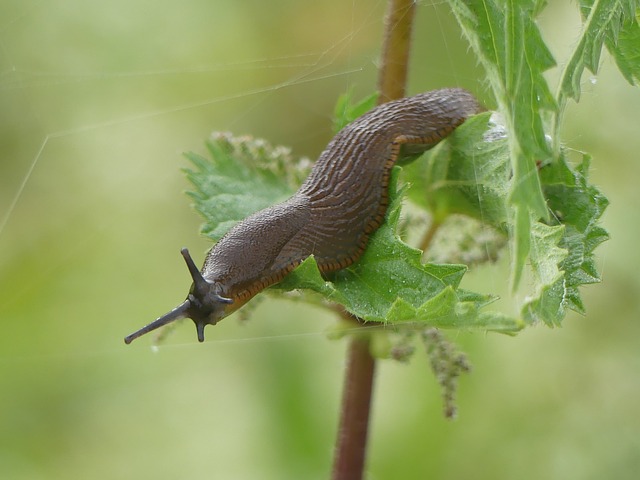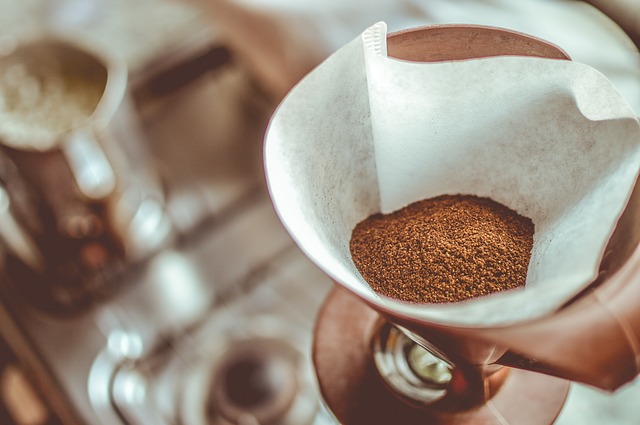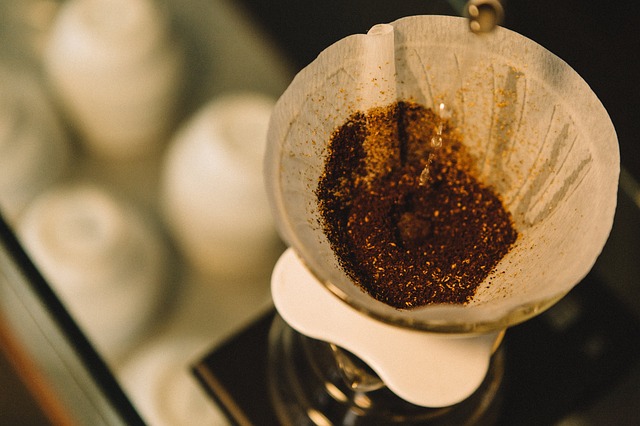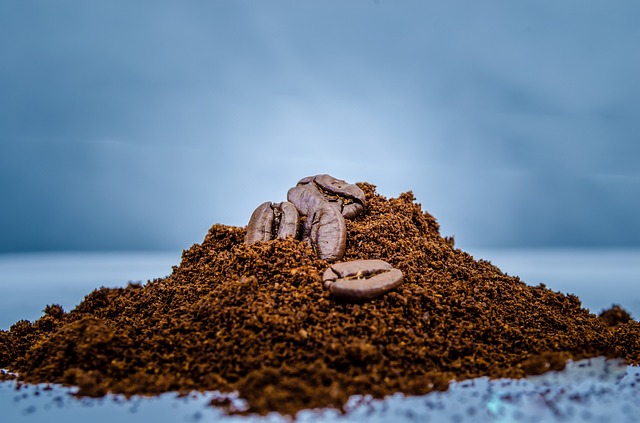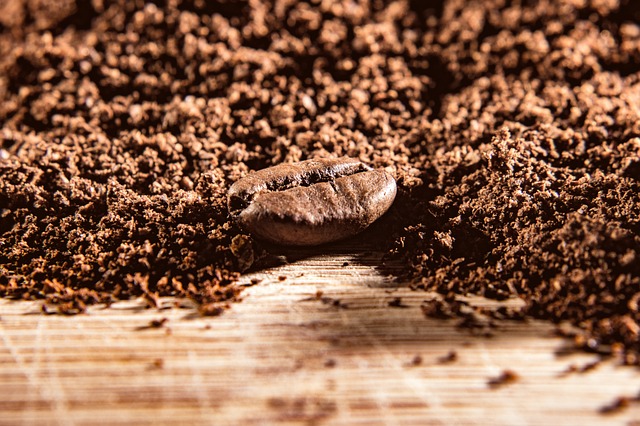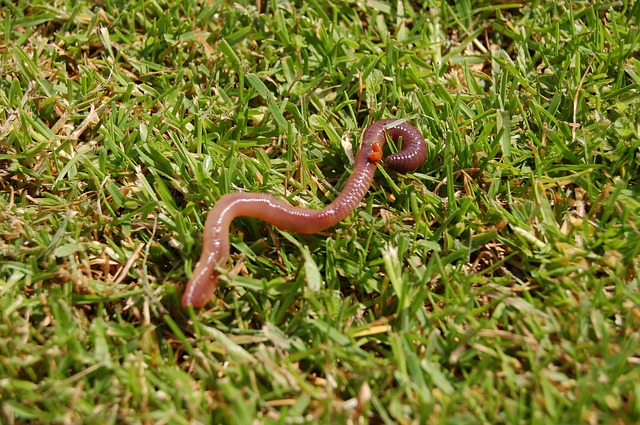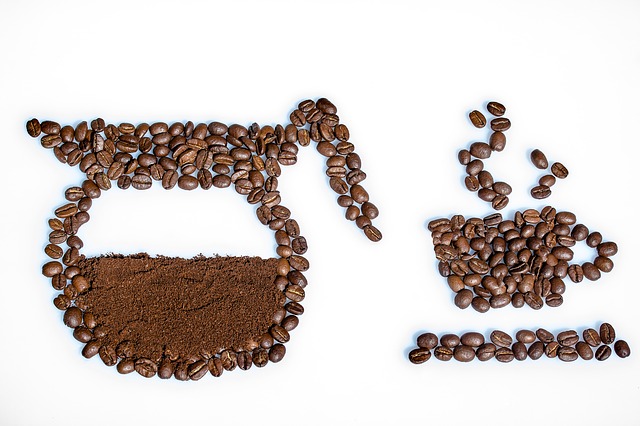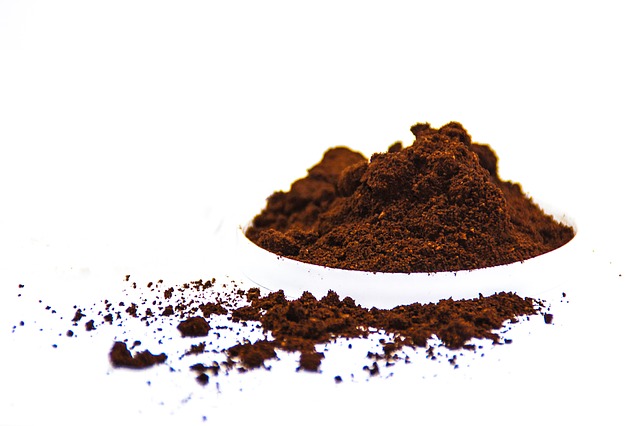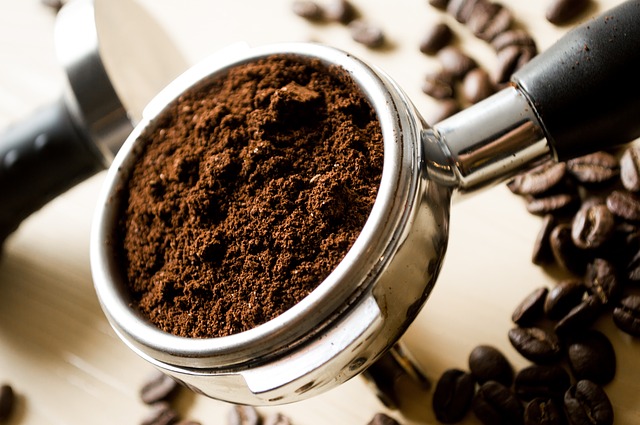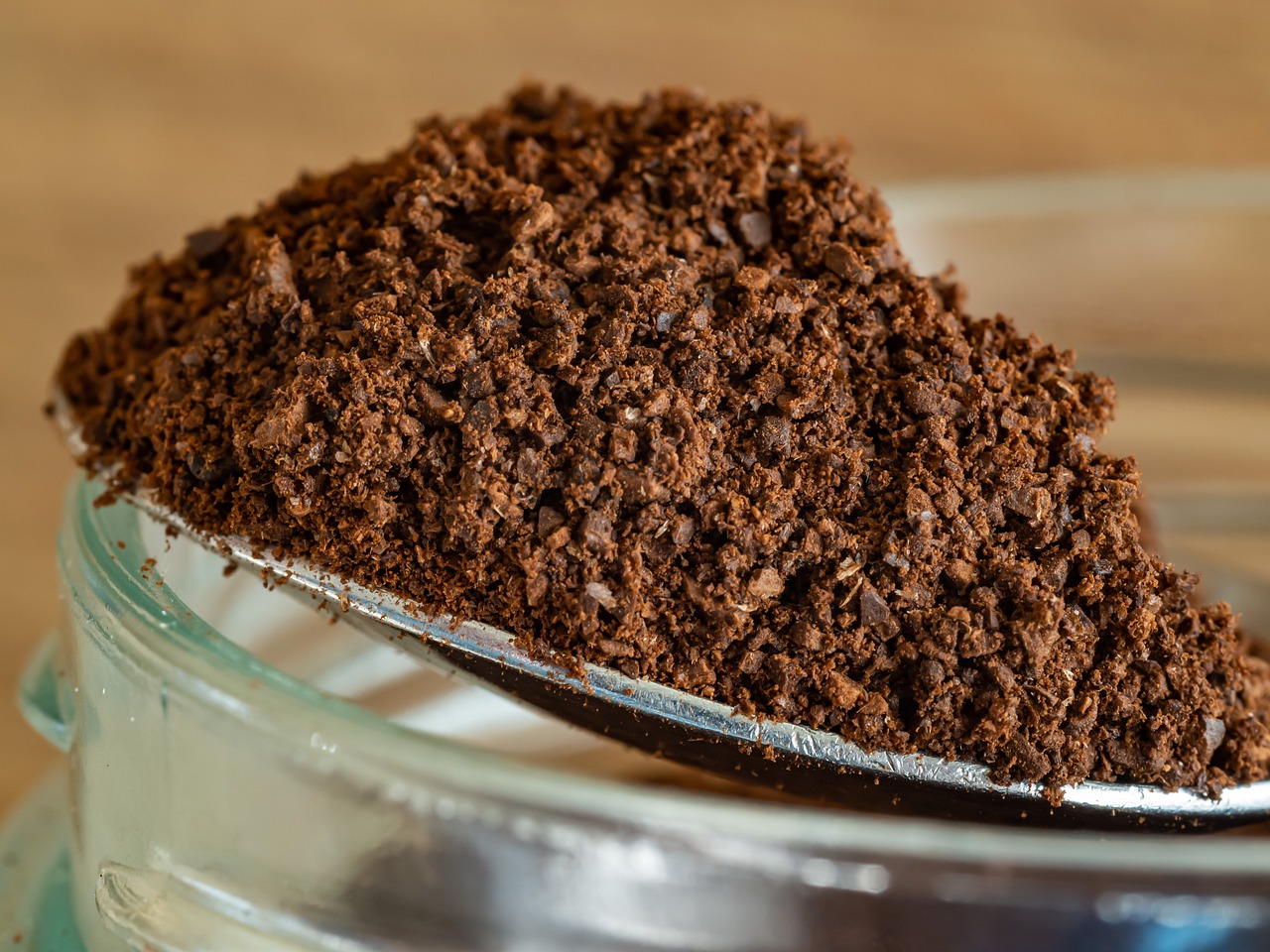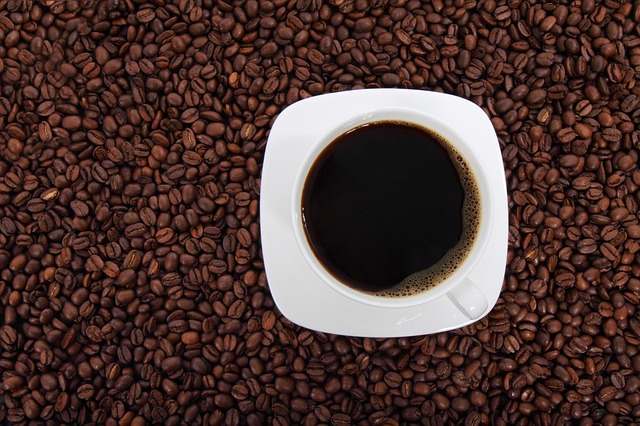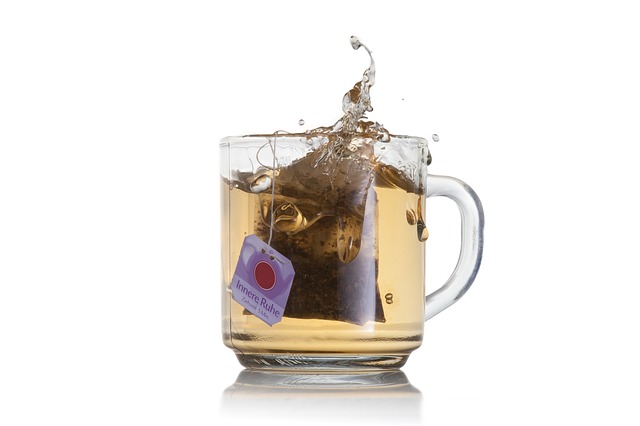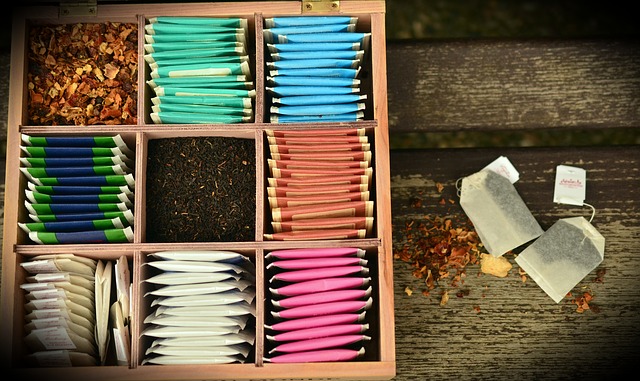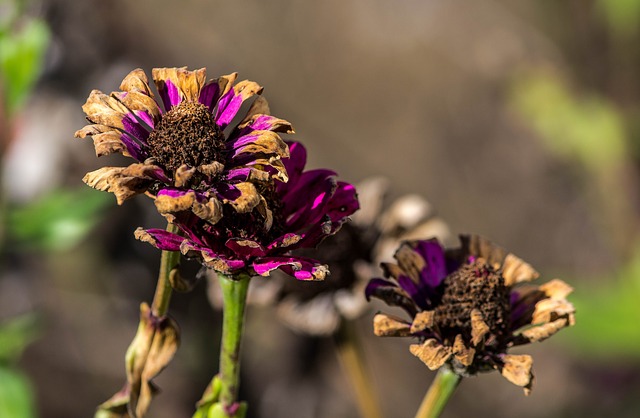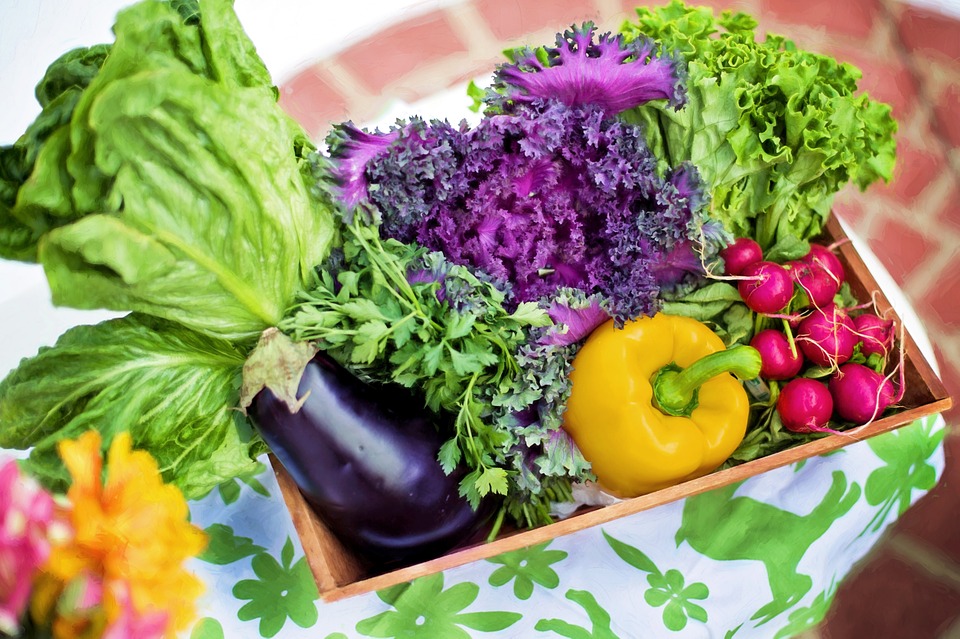
Back in the day, our ancestors did not have to go very far to buy vegetables, they just had to step out in their garden and pick up free, fresh veggies. Unfortunately, over generations, most of us have lost touch with our natural gardening instincts due to the busy lifestyle we lead. As we get older and wiser we feel the need to get back to those “roots” and luckily these days gardening is making a comeback with the younger generation as well.
Why Grow Your Own?
– Planting your own food is much healthier than store-bought, you know where it came from and exactly how it was grown.
– Not buying from stores means you won’t be supporting commercial farming that uses chemicals and pesticides and therefore your garden contributes to the eco-friendly lifestyle.
– Once you get those vegetables growing they are yours for free.
– Planting, growing, and harvesting helps you get reconnected with nature.
– Food that is home-grown tastes better than store-bought, it is often juicier and more vibrant in texture.
It’s Not That Complicated!
A garden is a fusion of air, light, and water – it is a living, breathing thing. It is important to understand the interaction between all of the elements of your garden and what those mean for your plants. This is why getting started may seem very intimidating for someone who has never tried it. So where should you begin? Start by deciding what you are going to plant by asking these questions:
– What vegetables grow best in your climate?
– What vegetables do you personally love to eat?
– Are there certain vegetables that you’d like to eat but that are difficult to find locally in stores or that are very expensive?
When you have decided what you want to plant be sure to follow the tips below to not only become more confident but help ensure success. Now is the time to stop procrastinating and start planting!
“There are no gardening mistakes, only experiments” – Janet Kilburn Phillips
Simple Tips For Beginners
– Plant your seeds where the sun shines. Some vegetables need at least 6 hours of sun a day. A good rule to follow is to remember that vegetables that carry a fruit or root need full sun (6 hours), such as tomatoes, peppers, cucumber, and squash. Those you grow for their leaves or buds will do fine with little sun, such as salad, spinach, radish, beans, and broccoli.
– You should always choose good soil. Compost is a great way to add nutrients to the soil you use as well, it can be store-bought or you can make it yourself. By sprinkling eggshells on your soil, you will give your plants a calcium boost and coffee grounds will enrich it and keep it safe from pests. Make sure the soil does not soak up the water too quickly yet does not collect the water on top.
– If plants are growing too close to each other they will compete for sunlight, water, and nutrition. Therefore make sure you space them right appropriately.
– Soak your seeds for at least 24 hours in water before you plant them. You can use an empty toilet paper roll as a biodegradable self-starter.
– Make sure to buy quality seeds that have not expired. Follow the instructions on the packet which will show how deep the seeds need to be planted and how far apart. They will also tell you how often they need to be watered and how much sunlight they need.
– Once the seeds are in the ground does not mean the job is over and you can sit back and just watch them grow. You will want to pay attention to your soil to make sure it stays moist but not over-watered.
– Weeds should be removed as they come up and don’t forget fertilizing from time to time which will give the growing process a boost. A garden needs to be looked after on a regular basis if you want to reap what you sow.
This might seem like a lot of work, but in the end, it is worth it. You’ll be improving your health and therefore overall lifestyle by growing your own healthy and chemical-free vegetables. When you experience the sight of your first sprout popping up you will instantly understand the joy and excitement that comes with such an ancient practice.
Author Bio: Matt Reilly is an operations manager and home improvement writer currently working for Reilly Roofing and Gutters in Texas. He is a promoter of sustainable living, both on a large scale and through the use of eco-friendly technology in everyday life.
Start Shopping for Gardening Supplies!
Does Copper Tape Stop Slugs?
Does copper tape stop slugs? The answer is yes. And you can use this simple solution to keep your plants safe from those slimy plant-eating pests. Repel Slimy Garden Invaders Without Harm Despite being relatively small and very slow-moving, slugs can do a lot of...
Coffee Grounds For Flowers
For many of us, there’s nothing we’d rather do than relax with a cup of coffee near the flower garden. Most people don’t realize however that the grounds used to make our coffee can help to increase the health and beauty of our garden. Here’s what you’ll need to know...
Coffee Grounds For Roses
Using coffee grounds for roses is a fabulous way to improve the health of your plants, helping them to produce those gorgeous flowers you’ve been dreaming of. But there are a few things you’ll need to know before getting started. Conditions Roses Prefer Roses do best...
Do Roses Like Coffee Grounds?
Do roses like coffee grounds? This is something many gardeners wonder about, especially since feeding roses coffee grounds has been a practice that’s been around a very long time. The answer is yes they do, and here’s what you’ll want to know. Roses And Acidic Soil...
How To Use Coffee Grounds For Grass
You’ll want to think twice before you toss your used coffee grounds in the trash every day. Those grounds can actually be used to feed and increase the health of your lawn. Here’s everything you’ll want to know about using coffee grounds for grass. Advantages Of...
Are Coffee Grounds Good For Grass?
Are coffee grounds good for grass? The answer is yes, so you may want to think twice before throwing away your used grounds after your morning cup of coffee. Instead, you can put them to work helping increase the beauty of your lawn. Benefits Of Using Coffee Grounds...
Are Worms Good For Your Lawn?
Despite their slimy looks worms are well-known for being very helpful in the garden. But are worms good for your lawn? You bet they are, and here’s why! Aeration As worms travel from place to place in the soil below your lawn, they create a maze of tunnels. And those...
How To Use Coffee Grounds For Snails
You don’t have to kill those annoying garden snails in order to keep them from eating your plants. In fact, you can use your morning coffee as a non-lethal weapon against them. When they come into contact with your coffee grounds snails will turn right around and...
How To Use Coffee Grounds For Ants
There are endless sprays and poisons you can use to get rid of ants. However, you won’t have to look any further than your morning cup of coffee if you’d like a repellent that doesn’t contain any harmful chemicals. By using coffee grounds ants will stay away and kids...
Which Plants Like Coffee Grounds?
While using coffee grounds in the garden offers quite a few benefits, they can be slightly acid and therefore not appropriate for all plants. So which plants like coffee grounds? Here’s what you’ll need to know. The Basics Of Coffee Grounds Coffee grounds contain...
Coffee Grounds And Hydrangeas
While many people love their hydrangeas, they often would love them even more if they were blue. Luckily the grounds from your morning cup of coffee can help you to achieve those gorgeous blue blooms. Here’s what you’ll need to know about coffee grounds and...
Coffee Grounds For Worms
Worms are an extremely helpful component of any compost bin or pile, not to mention worm farms. And it turns your morning cup of coffee can contribute to their diet. Using coffee grounds for worms is an easy way to keep them from heading to the local landfill while...
Using Coffee Grounds In The Garden
Your morning cup of coffee can help you to not only start your day off right, but in the garden as well. The grounds used to make it have many important properties that are ideal for both plants and soil. By using your coffee grounds in the garden you’ll be able to...
Using Coffee Grounds In Compost
It’s estimated that over two billion cups of coffee are consumed around the world each and every day. And that’s an enormous volume of grounds which are used and then tossed in the trash. By using coffee grounds in compost instead, you can help cut down on waste and...
Used Tea Bags In The Garden
Many people don’t realize that once you’ve had a cup of tea, your tea bag can be used again in quite a few other ways. There are actually many great uses for used tea bags in the garden. And here are some of the best! Free Natural Fertilizer The tea leaves and...
Used Tea Bags In The Compost
The next time you have your daily cup of tea, you may want to think twice about throwing that tea bag in the trash. Instead of contributing extra waste to landfills, you can help the environment and your garden by placing used tea bags in the compost. But before you...
5 Eco-Unfriendly Things You Do That Kill Your Garden
Any budding gardener out there wants to do the best for their garden and their plants. But are you accidentally causing it harm? Here are five eco-friendly things you do that kill your garden: Buying Plants that Contain Pesticides You may not use pesticides yourself...
7 Reasons You Need to Start Gardening Now
Looking for a fun hobby to help you relax? Get outside and get to work in a garden. Gardening has a variety of benefits for your mental, physical and spiritual health. Wondering how tending to plants can help you tend to your health? Here are seven ways gardening can...
Quick Tips To Speed Up Compost Times
Compost is an excellent soil conditioner and natural fertilizer. However, it can take quite a while for it to break down into a form that you can use. Luckily there are a handful of simple things you can do to help speed up compost times without much effort. Size In...
6 Common Types Of Soil Deficiency And How To Solve Them
Unfortunately, not all soil has the nutrients that plants need to grow and thrive. In some cases, it may be lacking in one area or another and therefore need a boost. Here are the most common types of soil deficiency and the best ways to deal with each of them....



